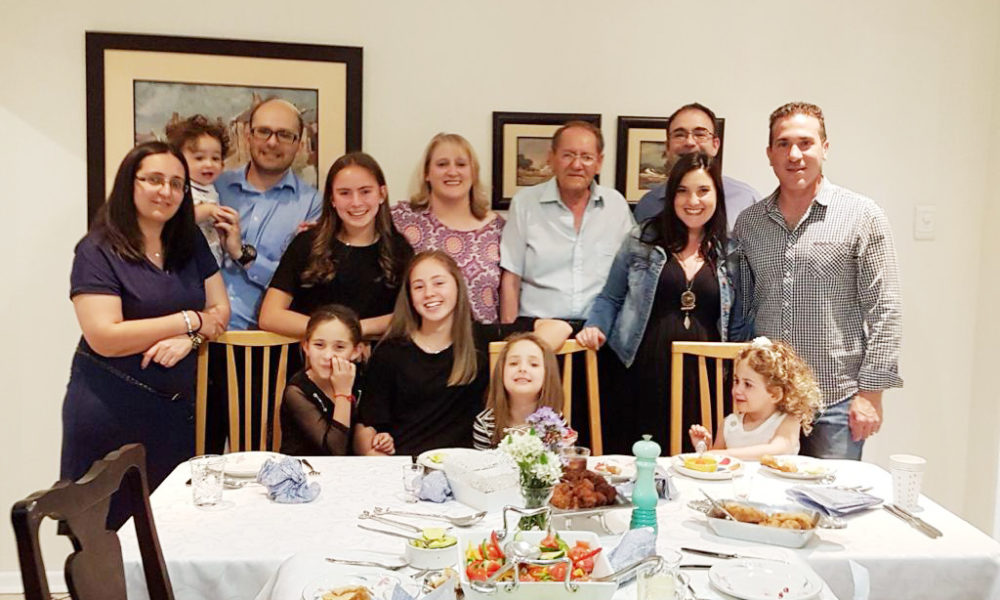Religion
Nothing Norman about this seder

Pesach is a time of miracles, matzah, and memories. It’s also a time for families to come together, and the seder is one of the most-observed Jewish mitzvot and practices. About 81% of South African Jews attend a Pesach seder, according to a 2019 study by the Institute for Jewish Policy Research and the Kaplan Centre for Jewish Studies at the University of Cape Town. As we enter the second year of peculiar pandemic Pesachs, here are some of my seder recollections, including the Norman invasion.
My earliest memories are of the seders conducted by my paternal grandparents, Charlie and Minnie Gruzd in the 1970s. The whole family gathered at their little house in Walter Street, Fellside, in Johannesburg. Grandpa Charlie seemed to know the entire Haggadah by heart, and intoned it in his thick Lithuanian accent, even when his eyesight had faded. Granny Minnie would serve soup that barely wet the bottom of the plate, topped with delicious knaidels. Chicken pieces sometimes came with tiny feathers. Minnie would meticulously count her knives, forks, and spoons after the meal, and placed them in velvet-lined little boxes. Did she think we would steal them?
My cousins and I would, however, steal the afikoman from the wrapped towel besides Grandpa Charlie before he could hide it. We would then ransom it back to him so the seder could continue after dinner. His song tunes are engrained in my head as the correct ones. I still find alternative renditions jarring.
A dozen years ago, we were at my brother-in-law, Steven, for the seder. Yes, we share the same name. It was very much in vogue in the Johannesburg Jewish community from about 1968 to 1974. My cousin, Kevin, born 10 days after me, would have been a Steven if he had been born first. He once told me he planned to push his younger brother David out first, if need be, to prevent that from happening.
Steven II has a house in Oaklands, and more than 30 people were attending the seder that year. I had settled myself into a comfortable couch and was teasing my niece Hannah by calling her “Denise”, a joke that never gets old. Well, not for me anyway.
In walked a couple in their sixties, looking slightly disorientated. They went around the room shaking hands (this was BCE – Before the Covid Era) and said, “Hello, howzit? Good yontif” to everyone. The man sat on the couch next to me. After a minute of silence, he asked, “Where’s Norman?” People had begun whispering.
I said, “Who’s Norman?”
He looked like a sheep caught in the headlights. He blushed instantly.
“Doll!” he bellowed to his wife, “I TOLD you it’s the wrong house!”
Sheepishly, the couple rushed for the door, on the way out reclaiming the wrapped present they had handed to my sister-in-law, Marilyn, on their way in. Her bemused look was precious.
We later discovered that Norman had previously owned the house. The couple had, in fact, been invited to friends of their children who lived across the road.
2020 was the saddest seder of all. South Africa was still in Level 5 lockdown, and big family gatherings were banned. So it was just me, my wife, and my two teenage daughters – very lonely and surreal. We connected by Zoom to my brother in Cape Town to hear his children sing Ma Nishtana, but it most definitely wasn’t the same as being together.
This year, we will have small, socially-distanced, and sanitised seders.
I guess we have to get used to the new Norman – I mean normal.
